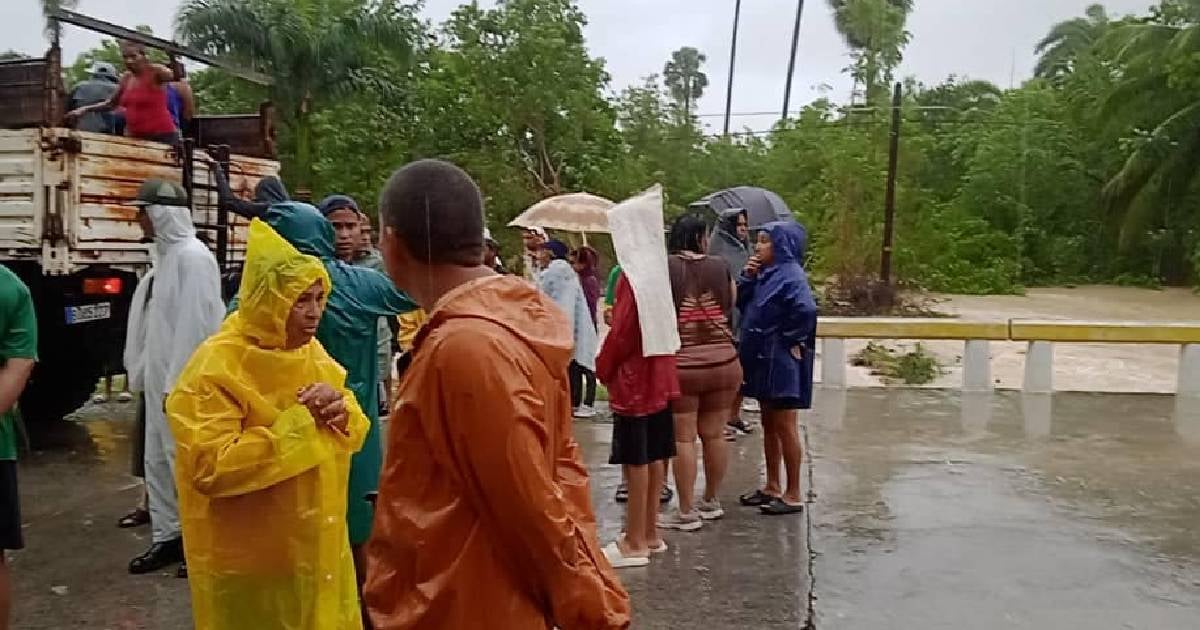The United Nations announced on Friday that it has raised the aid package for Cuba to $78.3 million in response to the severe damage caused by recent natural disasters. The fund aims to address the extensive destruction resulting from two hurricanes, two significant earthquakes, and a collapse of the national electric system.
Initially, the UN's action plan sought to mobilize $33 million to tackle the aftermath of Hurricane Oscar, which struck the northeastern part of the island on October 20, as reported by EFE. However, this plan has been revised to account for the devastation wrought by Hurricane Rafael hitting the western region on November 6, alongside two earthquakes measuring 6 and 6.7 in magnitude that occurred four days later in the southeastern area.
Impact on Cuba's Vulnerable Infrastructure
In less than a month, Cuba has endured three natural disasters and two widespread blackouts, further exacerbating the island's dire economic, food, and energy crises. According to the UN, these catastrophic events have severely impacted seven provinces and 17 municipalities, resulting in over 34,000 damaged homes, 37,000 hectares of destroyed agricultural land, and significant damage to electricity, water, and communication services.
Humanitarian Aid and International Response
The updated plan aims to assist 930,000 people by addressing urgent needs, restoring basic services, and advancing the socio-economic recovery of affected areas. Priorities include water, sanitation, temporary shelters, health, education, food security, and early recovery efforts.
In response, a wave of humanitarian aid is arriving from various countries and organizations:
- The European Union and the United Nations sent 94 tons of medical supplies.
- Venezuela pledged 300 tons of humanitarian aid.
- Mexico donated 400,000 barrels of crude oil.
- Russia contributed 80,000 tons of diesel and equipment valued at $62 million for the electrical system.
- China is set to deliver food and energy assistance.
- Norway channeled $600,000 through the UN Central Emergency Response Fund.
- Slovakia provided 40 tons of powdered milk via the World Food Program.
- Organizations like the International Red Cross and solidarity groups have also offered essential supplies.
The Broader Context of Cuba's Structural Challenges
Experts consulted by EFE highlight that the accumulation of these disasters has intensified longstanding structural issues in Cuba, such as the fragility of the energy system and the vulnerability of critical sectors like agriculture. Amidst these challenges, hundreds of thousands of families remain in precarious conditions, living in tents, enduring prolonged blackouts, lacking adequate food and water access, and awaiting immediate solutions.
